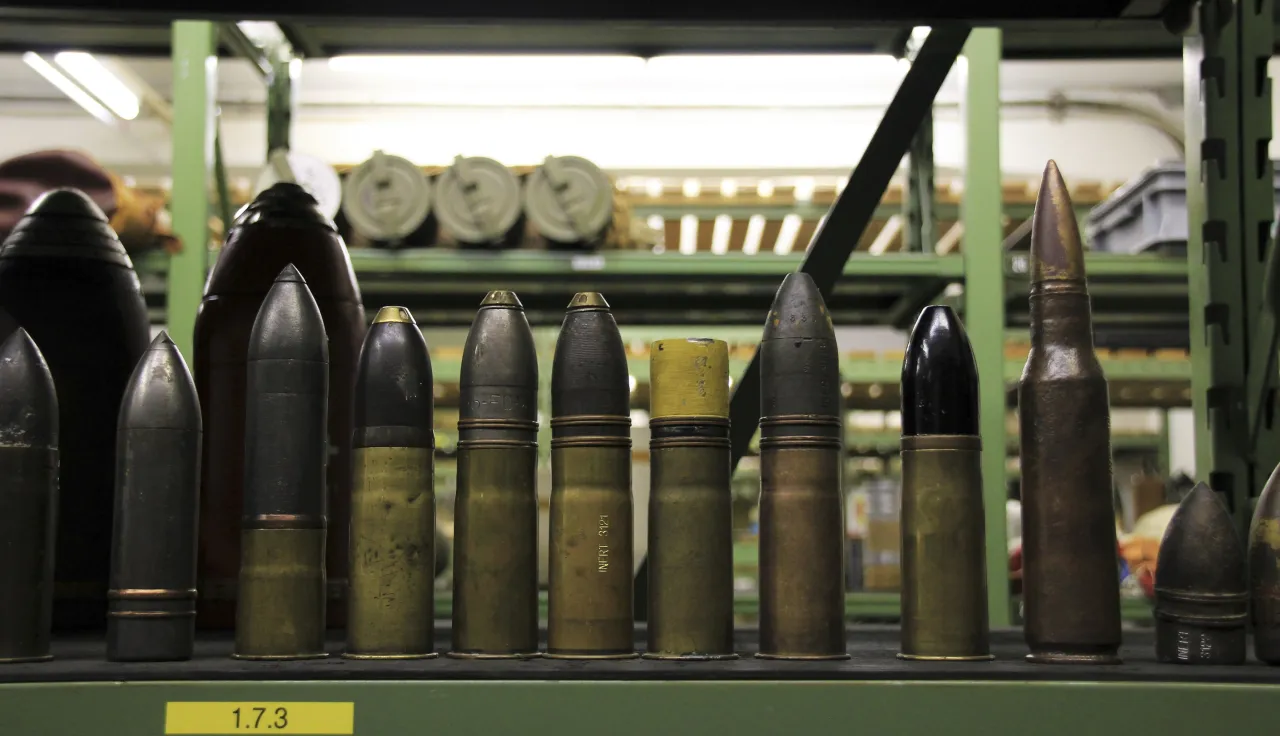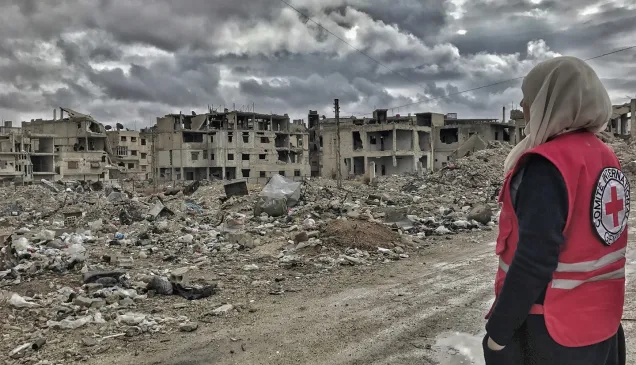Mr President,
Any assessment of the operation and effectiveness of the Convention and its Protocols must consider how responsive they are to the humanitarian concerns raised by the use of certain conventional weapons in contemporary armed conflicts and by rapidly evolving weapons technologies and military practices; an assessment of this kind must also take into account social and normative developments. All this is essential for upholding and progressively strengthening protection for victims of armed conflicts.
The ICRC is encouraged by certain developments at this Review Conference: for instance, the recognition of the need – in addressing humanitarian concerns raised by the use of certain conventional weapons – for a "balanced involvement of women and men".
Recognizing the dangers inherent in the use of conventional weapons in areas with a concentration of civilians and resolving to address these are also encouraging signs and the ICRC welcomes them.
We had, however, expected the decisions taken this week to reflect greater political will and the actions necessary to address the humanitarian challenges created by the use of conventional weapons in contemporary armed conflicts and by rapid advances in weapons technologies.




